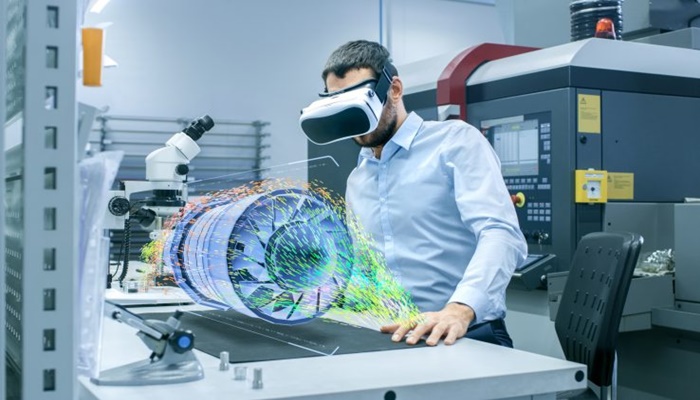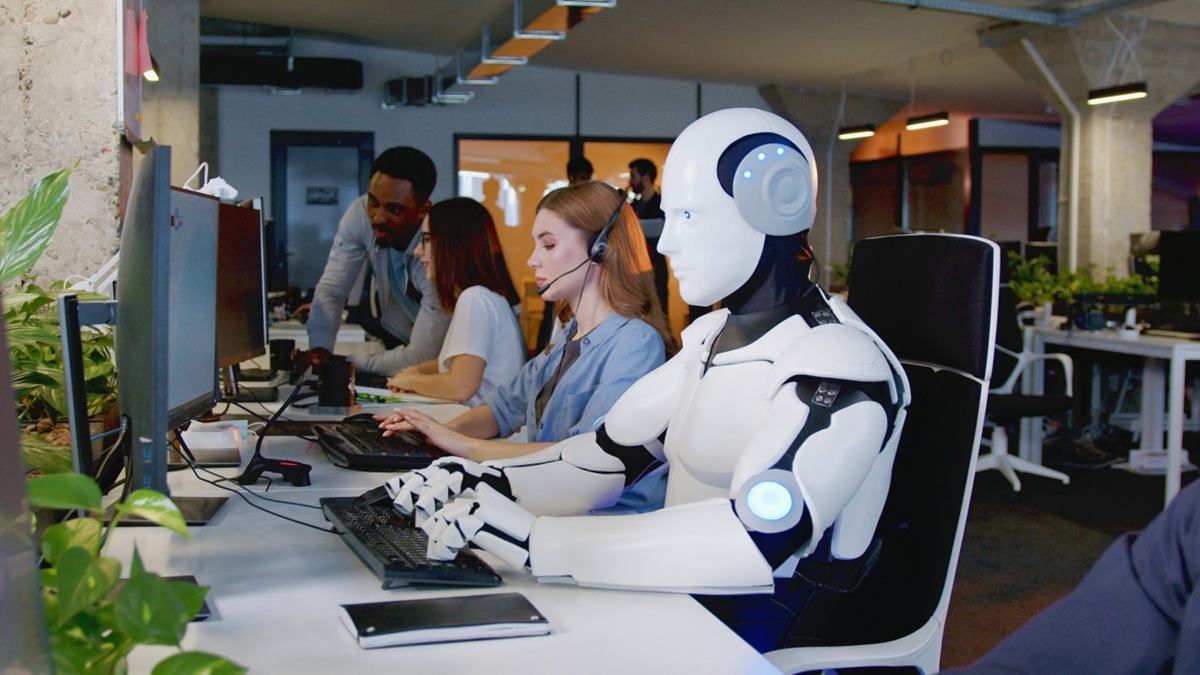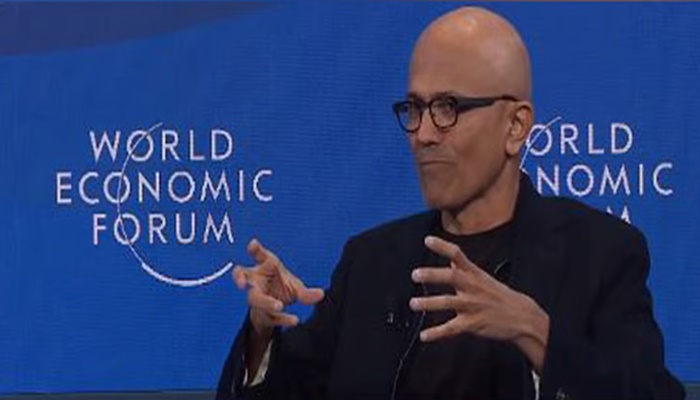AMD chief executive Lisa Su has pushed back against concerns that artificial intelligence (AI) will lead to widespread job losses, arguing instead that the technology’s true potential lies in improving productivity and tackling complex challenges.
Speaking in an interview with Wired, the head of the $300 billion US chipmaker said she does not share the fears of some technology leaders who predict that AI could displace an entire generation of workers. “People are the judges of what truth is, and we’re still hiring more and more engineers because they’re the final arbiters of our engineering,” she said.
Su acknowledged the growing conversation around artificial general intelligence (AGI), but dismissed the idea that AI will surpass human intelligence or lead to doomsday scenarios. She noted that current AI systems mainly handle routine tasks and are still far from being “great”. The real breakthrough, she argued, will come when AI helps to solve problems that would otherwise take years.
As an example, Su pointed to semiconductor design, a process that typically takes AMD three years. “What does that look like if I could do that in six months?” she asked. Such leaps in efficiency, she suggested, could transform industries from engineering to drug discovery.
Comparing AI to previous technological shifts, Su said the internet offers some parallels, but argued that AI is even more foundational. “The internet was a lot about moving traffic. AI is more about productivity. Sometimes people compare it to the Industrial Revolution, and that’s not a bad comparison,” she said.
Su predicted that once AI matures, society will come to take it for granted, much like the internet today, with its long-term trajectory proving more important than its current state. She added that there may be “bumps in the road” but maintained a positive outlook: “I would bet on humanity being OK.”
One area she is particularly passionate about is healthcare, where she believes AI could play a transformative role. From drug discovery to patient care, she said the technology has the potential to eliminate trial and error and accelerate medical breakthroughs. “We should be able to cure diseases. This is a perfect use case for AI,” she said, describing it as an early step towards what some might call “superintelligence”




















